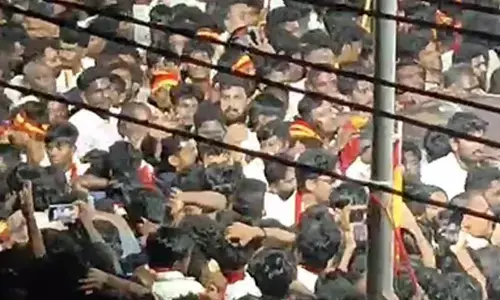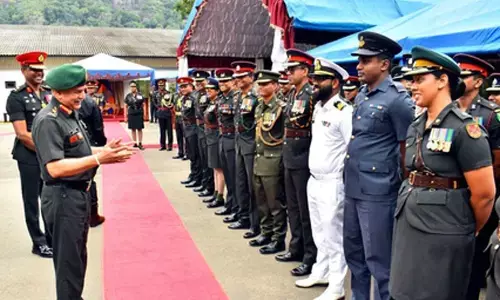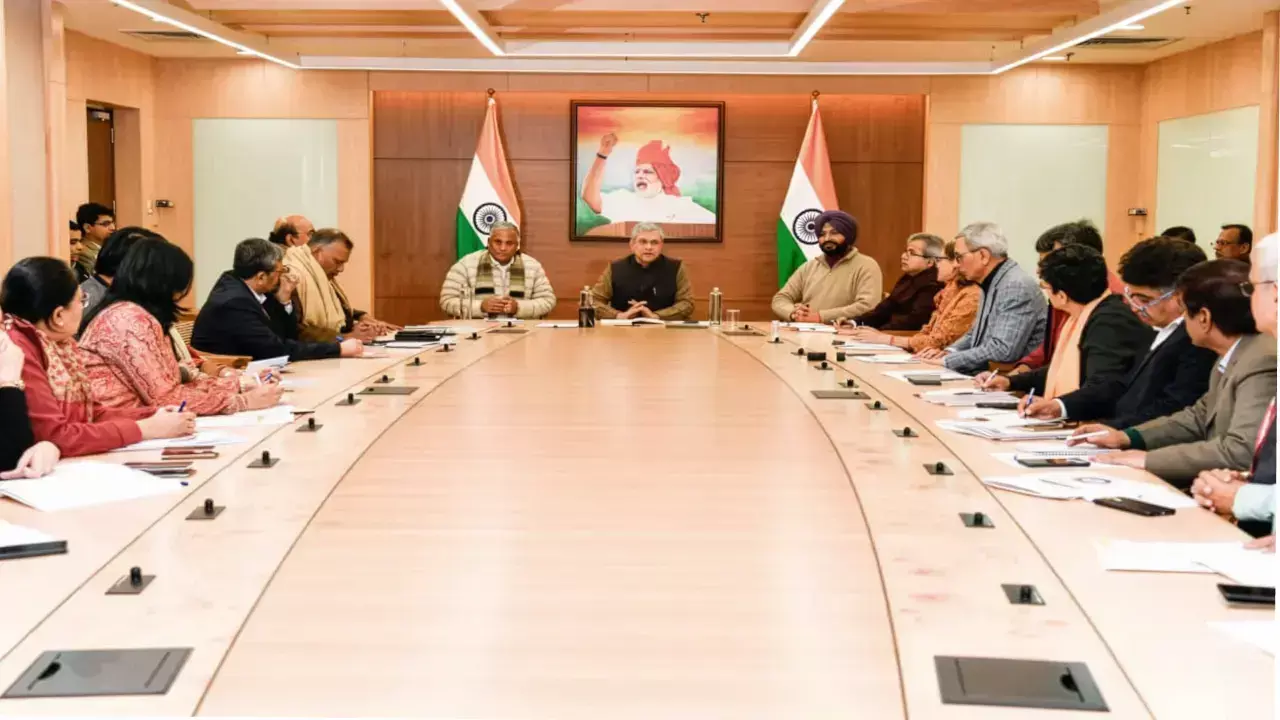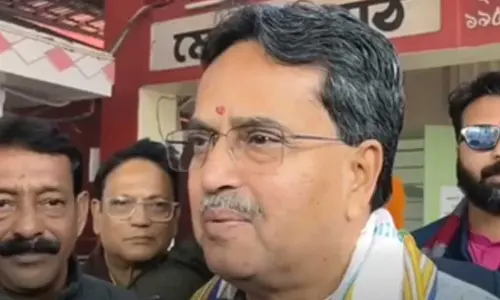No demolition without serving 15-day notice: SC lays down pan-India directives
Share :
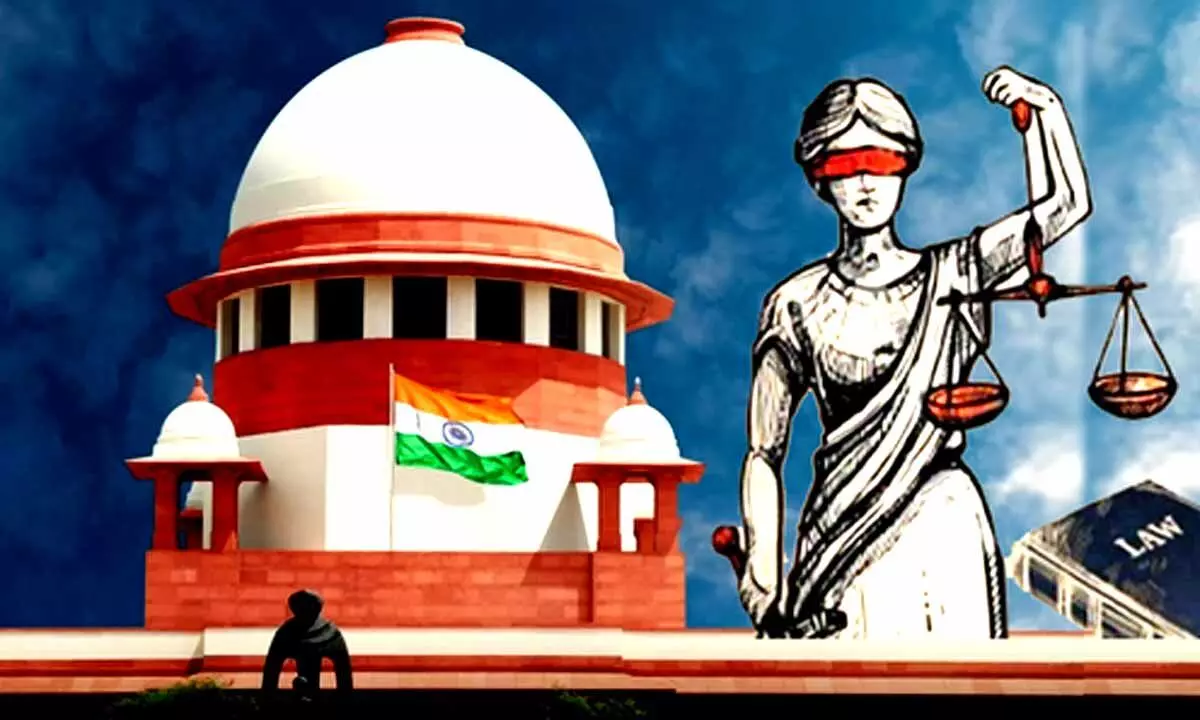
Supreme Court of India
The Supreme Court on Wednesday said that when a structure is suddenly demolished while other remains, a presumption could be drawn that the motive was not to bring down the illegal structure but to penalise the accused before trial.
New Delhi: The Supreme Court on Wednesday said that when a structure is suddenly demolished while other remains, a presumption could be drawn that the motive was not to bring down the illegal structure but to penalise the accused before trial.
Delivering verdict on a clutch of petitions alleging that demolitions were carried out by several state authorities without sufficient notice, a bench headed by Justice BR Gavai, in its judgment, said that the executive cannot declare a person guilty solely on the basis of accusations.
It will be wholly unjust if the state authorities demolish properties of accused persons without following due process of law, added the Bench, also comprising Justice KV Viswanathan.
The apex court stressed that under the Constitution, even accused has certain rights, and state officials cannot take arbitrary action against an accused or a convict without following due process of law.
The Supreme Court in exercise of its extraordinary powers under Article 142 laid down a series of pan-India directives.
It said that no demolition will be carried out without serving at least a 15-day prior notice, adding that "the notice shall be served upon the owner by registered post. It shall also be fixed on the conspicuous portion of the structure.”
It clarified that these directions will not be applicable if there is unauthorised construction on public land or demolition ordered by a court of law.
Earlier, in an interim order passed on September 17, the Justice Gavai-led Bench paused all demolition actions across the country, except with its permission.
Frowning upon "glorification" and "grandstanding" over bulldozer action, the top court said that unauthorised structures may be demolished following the due procedure but under no circumstances, property be demolished for "extraneous reasons".
It clarified that its interim order was not meant to protect any unauthorised construction on public roads, streets, footpaths, railway lines, or public places.
It had stressed that even unauthorised construction has to be demolished in "accordance with law" and state authorities cannot resort to the demolition of the property of the accused as a punishment.
In the course of the hearing, Solicitor General Tushar Mehta suggested that service of notice should be effected through a registered post. In case, the registered post is not accepted, notice may be served through alternative means, including affixing on walls of the property in question, SG Mehta said.
He flagged that the pan-India guidelines are being issued by the highest court of the land based on a few instances alleging that one particular community is being targeted.
At this, the apex court said: "We are a secular country. Whatever directions will be passed, will apply pan-India irrespective of the religion. We do not intend to protect encroachments on public roads, footpaths, railway lines, etc. If there is any religious structure in the middle of the road, be it gurudwara, dargah or temple, it cannot obstruct the public. Public interest and safety is paramount."
"What we are loudly thinking is that protect the property (alleged unauthorised structure) after demolition order is passed, say 10-15 days to allow exercise of appellate remedy and in case, a court entertains the grievance, the question of stay should be decided within a month," it added.
The SC reiterated that the illegal structure will have to go if built in contravention of statutory rules. "We will ensure that our order does not help encroachers," the apex court said.









